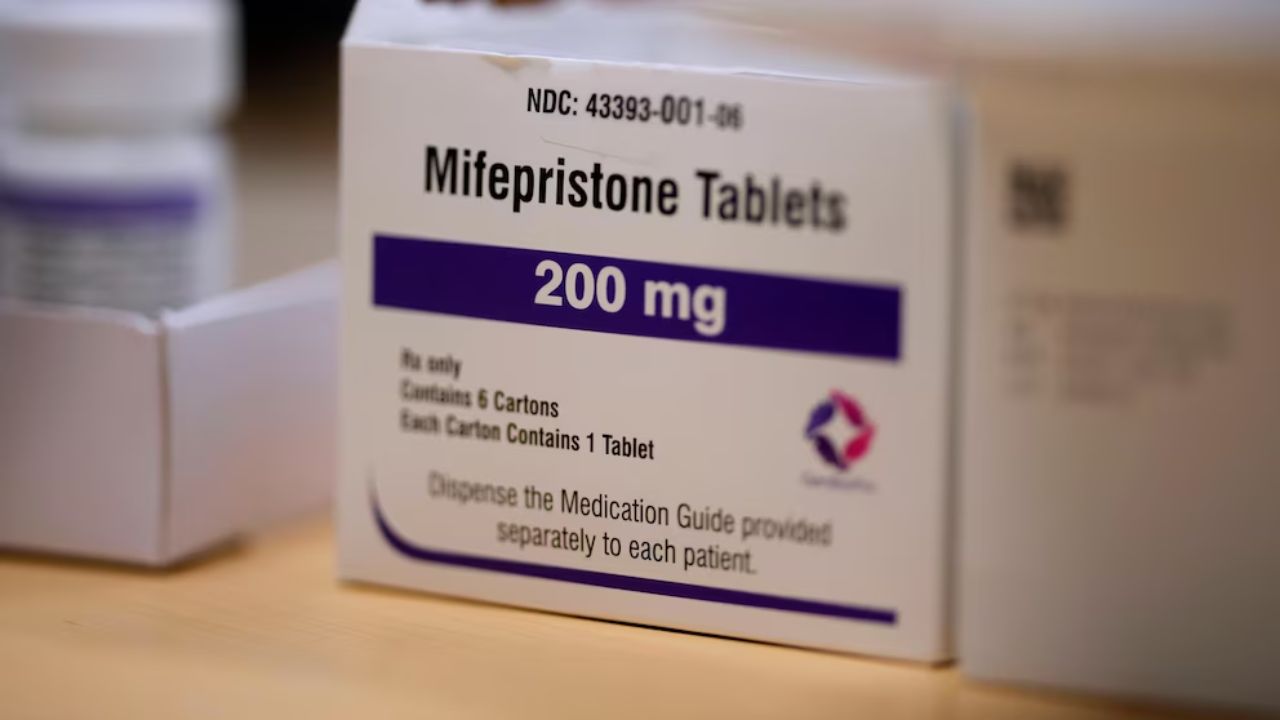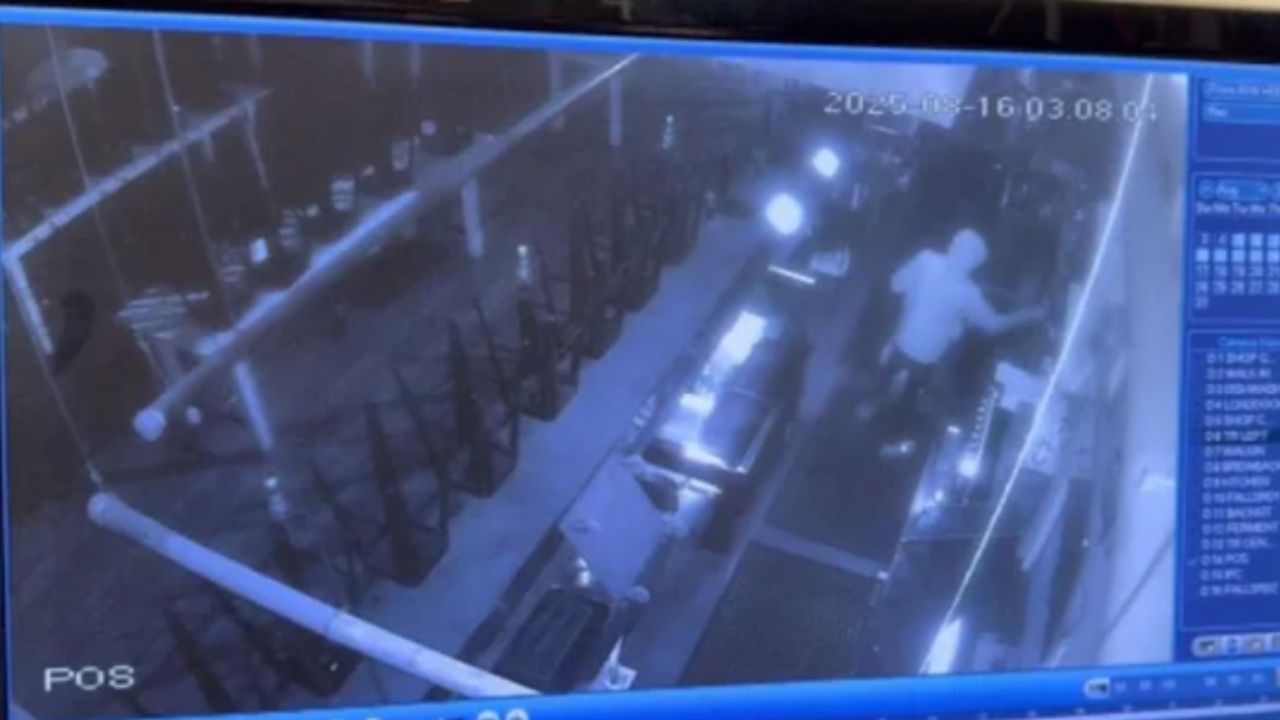BATON ROUGE, La. – Louisiana has issued a warrant for the arrest of a California doctor accused of mailing abortion pills to a patient in the state. This charge is part of the growing legal battle surrounding abortion medication access post the U.S. Supreme Court’s decision to overturn Roe v. Wade in 2022.
Legal Implications of the Warrant Against Dr. Remy Coeytaux
The warrant issued against Dr. Remy Coeytaux, a California physician, represents one of the rare cases under Louisiana’s abortion ban, which is now enforced following the Supreme Court ruling. This move signals the increasing efforts by conservative states to curb access to abortion pills, which have become a primary method for terminating pregnancies.
Abortion pills, particularly mifepristone, remain a central point of contention, as their use has led to an increase in abortion numbers despite ongoing bans in several states. Louisiana’s legal action is part of a broader conflict between states that uphold abortion rights and those pushing for stricter limitations on telehealth prescriptions for abortion medications.
Details of the Louisiana Case and the Accused Doctor’s Role
According to court filings, Louisiana authorities claim that Dr. Coeytaux provided abortion pills to a woman named Rosalie Markezich in 2023. The pills were ordered online, with Markezich’s boyfriend using her email to facilitate the purchase. She stated that she felt coerced into taking the medication and described the experience as traumatic. This case builds upon the argument made by anti-abortion advocates, who assert that telehealth prescriptions for abortion pills leave women vulnerable to coercion.
Louisiana Attorney General Liz Murrill emphasized that this case represented not only a violation of state law but also a significant harm to women. “Rosalie is bravely representing many women who are victimized by the illegal, immoral, and unethical conduct of these drug dealers,” Murrill said in a statement.
The Broader Legal Battle: State vs. State on Abortion Medications
This case is part of a larger trend where conservative states like Louisiana and Texas are challenging the availability of abortion medications by targeting out-of-state providers. The Louisiana law now allows individuals to sue abortion providers, a legal step already adopted by Texas. These moves have sparked political and legal conflicts across state lines, especially involving states with “shield laws” like California and New York that protect healthcare providers.
Both California and New York have refused to extradite medical professionals like Dr. Coeytaux to states with strict abortion bans, reinforcing their stance on protecting healthcare access for women.
Lawsuits and Legal Actions Against Abortion Providers
In addition to the warrant issued in Louisiana, Dr. Coeytaux faces a lawsuit in Texas from a man claiming his girlfriend received abortion pills from the doctor. This lawsuit highlights the growing trend of legal actions against doctors and healthcare providers who offer abortion services across state borders.
The situation is further complicated by the national divide over mifepristone, a medication approved by the FDA for abortion use since 2000. This has led to federal reviews and actions aimed at limiting its use, which has prompted multiple state attorneys general to issue statements both supporting and opposing the drug’s continued use.
What’s Next for Abortion Pills and Legal Access?
The Louisiana case underscores the ongoing tension over abortion access in America, particularly regarding medication abortions. While 19 Democratic state attorneys general have voiced their concern over the safety of mifepristone, the legal challenges continue to unfold. The Abortion Coalition of Telemedicine, a nationwide organization, condemned Louisiana’s legal actions, calling them an extreme attempt to intimidate healthcare providers.
With states like Louisiana and Texas tightening abortion laws, providers like Dr. Coeytaux face increasing scrutiny. Louisiana authorities are prepared to use every available legal tool to hold those violating state abortion laws accountable.
The Road Ahead: Will the Shield Laws Hold?
As Louisiana’s legal actions move forward, it’s clear that the legal and political fight over abortion medications is far from over. With California’s shield laws protecting its healthcare providers, it remains to be seen how far Louisiana and other conservative states will go in enforcing their abortion bans and pursuing charges against out-of-state medical professionals.
As this legal drama unfolds, experts predict that more states will push for similar measures, creating an ongoing challenge for the nationwide legality of telehealth prescriptions for abortion pills.
Stay informed on the latest updates regarding abortion laws by following our coverage.




